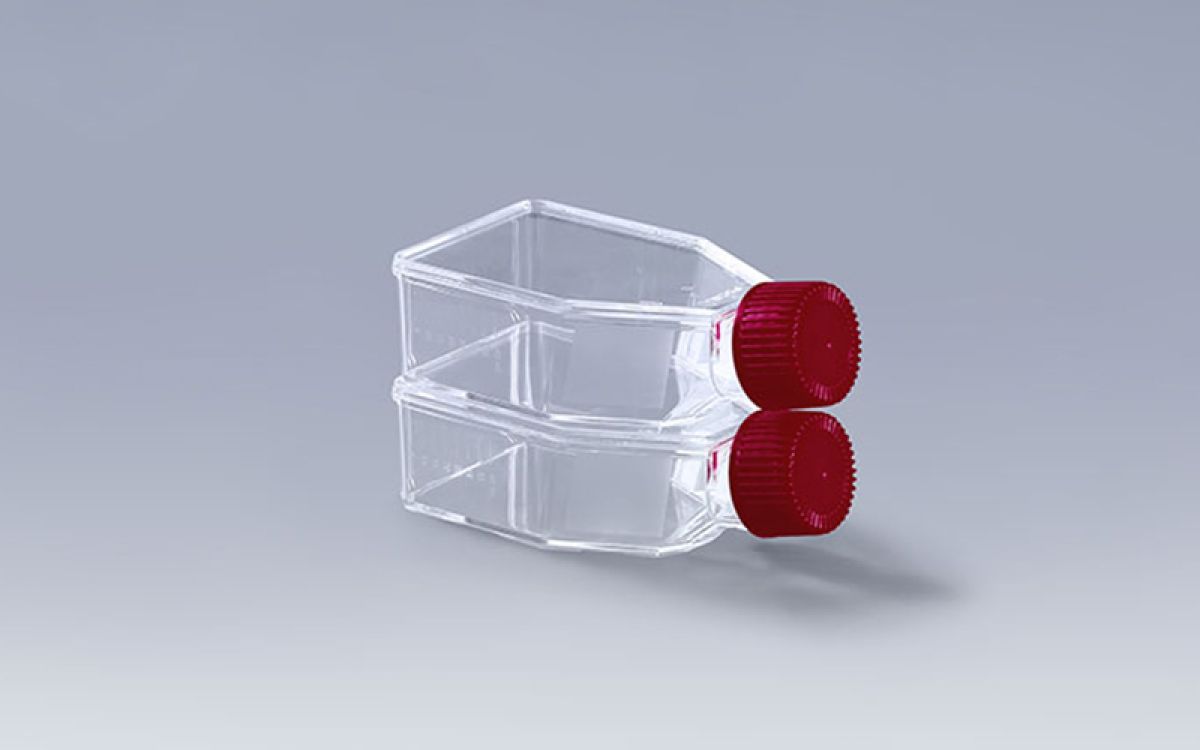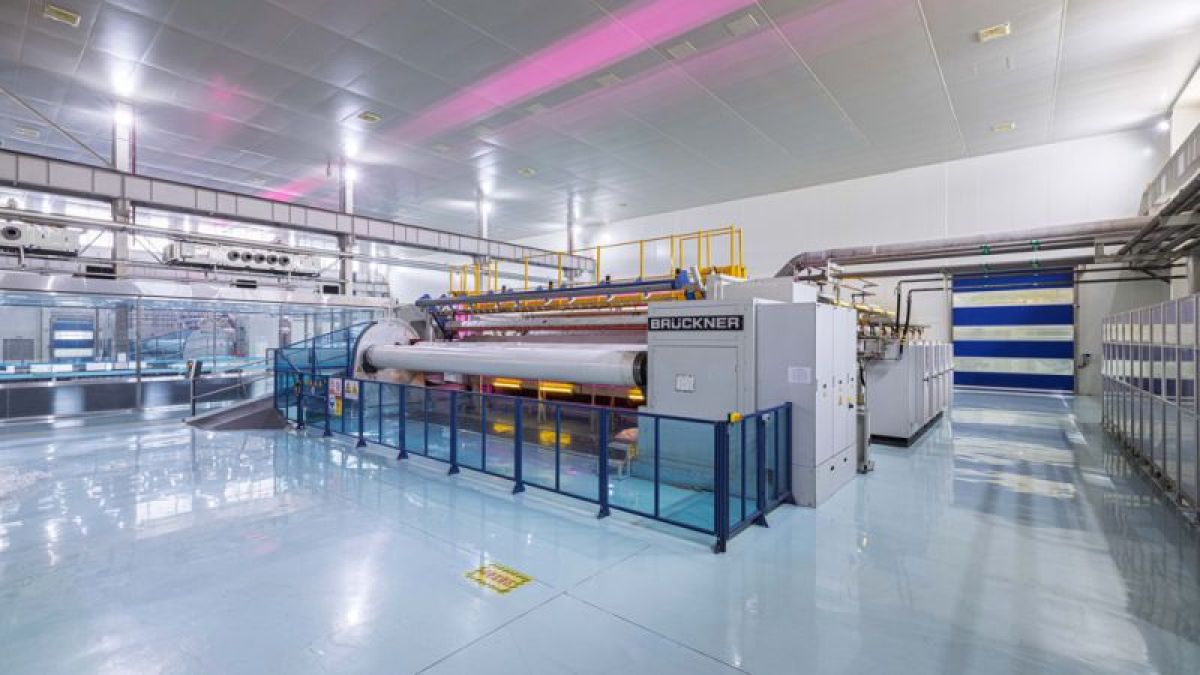Achieving large-scale, high-quality expansion of CAR-T cells is crucial for determining therapeutic efficacy and commercial success.
Achieving large-scale, high-quality expansion of CAR-T cells is crucial for determining therapeutic efficacy and commercial success.
With the rapid development of cellular immunotherapy, CAR-T therapy has demonstrated revolutionary efficacy in the field of hematological malignancies. However, significant challenges remain in translating this breakthrough technology from the laboratory to scaled-up production to benefit a broader patient population. Among these challenges, the in vitro expansion of CAR-T cells is a core part of the entire process, and its quality directly determines the success of the treatment.
The Bottleneck of CAR-T Cell Expansion: Balancing Quantity and Quality
Ideal CAR-T cell expansion requires not only obtaining sufficient cell numbers but, more importantly, ensuring the cells possess potent in vivo killing activity and persistence. A key challenge lies in how to maintain T cells in a "young" state during the weeks of in vitro culture and prevent them from progressing towards functional exhaustion.
Research indicates that optimizing the culture environment is central to solving this problem. This includes precise regulation of growth factors, timely clearance of metabolites, and reducing anthropogenic stress on the cells. In this process, providing a stable, controllable, and consistent physical carrier is crucial. Studies show that specially surface-treated Cell Culture Flasks can help maintain high cell viability and function by reducing cell attachment stress and providing a more uniform growth environment.
Moving Towards the Future: Intelligence and Standardization
The future of large-scale CAR-T cell production will inevitably rely on highly automated and standardized culture systems. This means that every component, from the culture medium to the culture consumables, must possess excellent lot-to-lot consistency and verifiable quality standards.
Selecting reliable Cell Culture Flasks is the first step in building a stable and scalable CAR-T cell production process. It provides cells with a predictable "starting line," ensuring the continuity of data and processes from preclinical research to commercial production, thereby laying a solid foundation for ultimate safety and efficacy.




